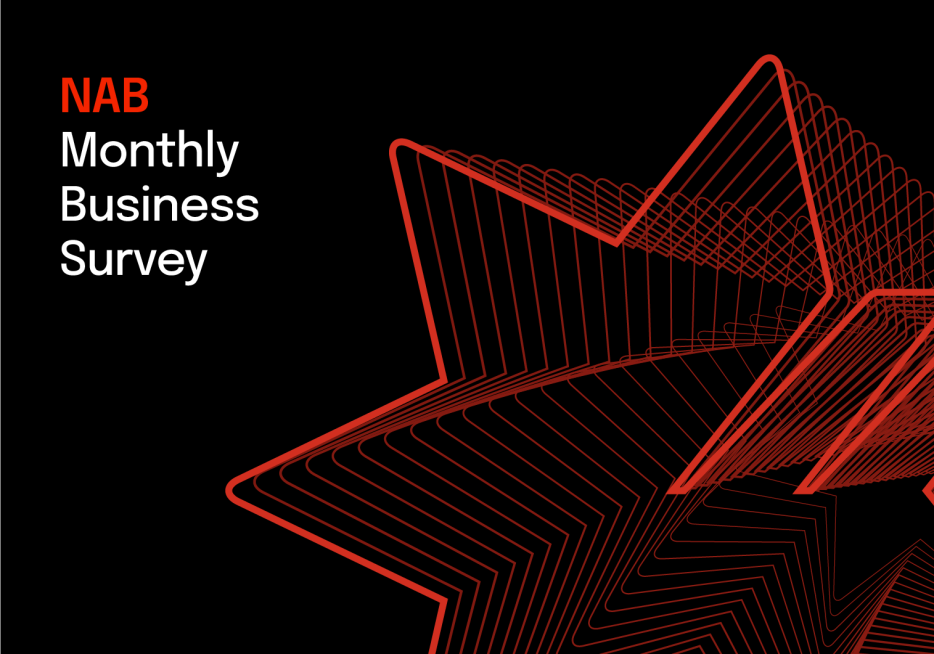Confidence and Conditions Lift


Insight
With demand for flavoursome craft beer with personality continuing to boom in Australia, a new brewpub with one of the country’s top brewers at the helm was guaranteed to win plenty of fans. But FogHorn Brewhouse is also gaining attention for its approach to environmental sustainability.

When acclaimed craft brewer Shawn Sherlock opened the doors to his new microbrewery and restaurant, it combined three of his great passions – making beer, Australian history and environmental sustainability.
For many years, the former head brewer at Murray’s Craft Beer Co and 2012 Australian Brewer of the Year had dreamt of opening a brewery in his hometown of Newcastle where he could deliver handcrafted beer.
Finding the perfect site, a large rundown 1930s era former automotive workshop right in Newcastle’s CBD made it a dream come true. The born-and-bred Novocastrian brewing fanatic and one-time academic had written his PhD thesis on aspects of the city’s industrial history.
In April, Sherlock and joint venture partner, Newcastle businessman James Garvey – who’s American born but an Australian resident for more than 25 years and a fellow devotee of a flavoursome craft brew – opened the doors to the FogHorn Brewhouse “brewpub”. Named for the familiar Newcastle sound of ship horns in the busy nearby harbour, the venue is not only attracting attention as the city’s only venue with an on-site brewery but also because of its commitment to environmental sustainability, including generating electricity.
The large space is open plan with the brewery in full view of diners from the 250-seat restaurant where Sherlock’s beers are matched with a menu of New York-style pizza and classic American diner dishes whose authenticity is guaranteed with both Garvey and FogHorn’s New York-born venue manager Jim Capone overseeing it. The beer taps at the bar pull the brewery’s beers straight from 1800 litre tanks metres away.
“I’ve always really liked this brewpub model,” says Sherlock. “It’s one that’s very successful overseas in countries such as the US and while there’s less of them here in Australia I think they’ll grow.
“I like the idea of brewing and selling the beer on site as freshly as possible; they talk about food miles with food, but beer miles are just as bad if you think about the costs of transporting beer in Australia. But here we’re serving it straight from the tank.”
It’s striking a chord with diners who are downing around 50 kegs – 2500 litres – of FogHorn beers a week.
Transforming the building was an 18-month project from concept to the finished product that’s retained its semi-industrial character and features while delivering some cutting-edge energy efficient and environmentally-friendly credentials.
Establishing a business that was a leader in sustainable practices was a key part of the partners’ vision – both from an environmental point of view but also for hard business reasons. “James and I are both very passionate about that,” says Sherlock. “We planned the venue with sustainability in mind and we’re always looking to improve.”
The building’s roof supports solar panels that are part of a 70kW solar energy system designed to eventually deliver all FogHorn’s power. The venue is now effectively running gridless “whenever we’ve got reasonable weather”. Solar batteries will be added to the system soon, allowing FogHorn to run completely sun powered during non-daylight hours.
Garvey says going solar was a major investment but one that would reap financial rewards in the future. And he believes it’s an option more businesses will need to consider.
“It makes commercial sense in that it will probably have a payback period of between five and seven years,” he says. “So that expense will then just disappear off the bottom line.
“With energy rates the way they are you have to get creative in the way you’re going to cope with your day-to-day expenses. Going solar is economically viable and commercially sustainable, and that’s very much where we wanted to go.”
Energy-saving design features also include a large skylight allowing natural light to flood in, and low wattage LED lighting while the brew kettles are fired using energy-efficient steam.
In the kitchen the produce used is sourced locally wherever possible in line with the partners’ commitment to a locavore philosophy that aims to keep food miles to a minimum. Waste is a key focus too with steps including striking a deal with a local cattle and camel farmer who uses the brewery’s spent grain by-product as feed rather than it going to landfill.
“Our whole approach is about being as locally-focused and as sustainable as possible and this is all part of that,” says Garvey.
Low impact, better profit margins
Photography by Andy Warren – Hunter Image Bank
More from NAB:
© National Australia Bank Limited. ABN 12 004 044 937 AFSL and Australian Credit Licence 230686.